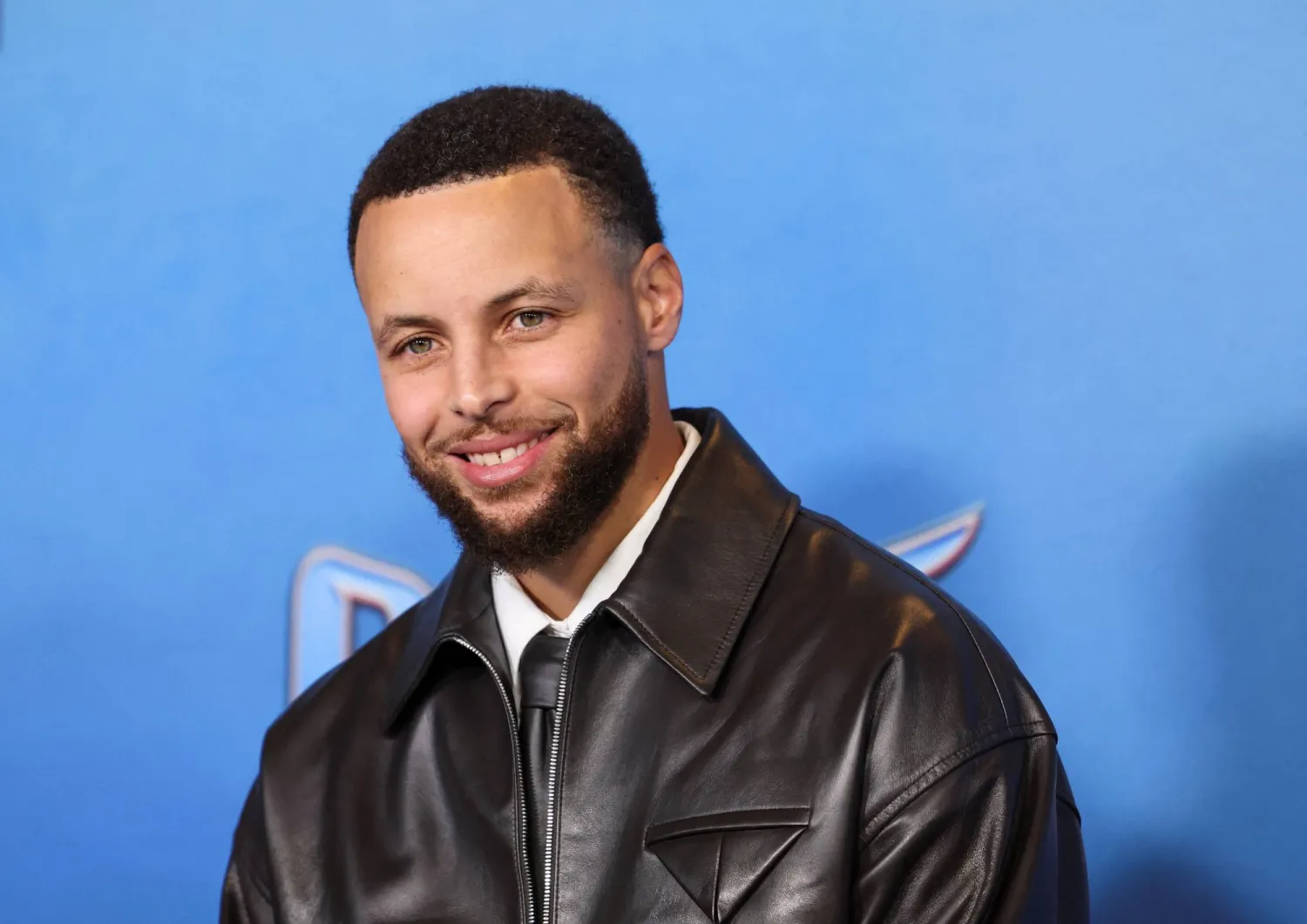Let’s get this upfront: “Spider-Man: Into the Spider-Verse” was the best comic-book film of the last decade.
With an animation blizzard blown straight in from the pages of comics, “Into the Spider-Verse” took a supercollider to all the conventions of the superhero movie. Solemnity was out. Gone, too, was the idea of a chosen one. Spider-Man could be anyone, including a graffiti-tagging kid from Brooklyn, including a pig named Spider-Ham. The possibilities of the comic book movie were suddenly limitless. With Post Malone and Swae Lee’s “Sunflower” thumping, the vibes were, as they say, immaculate.
So a lot to live up to. Yet five years later, the Spider-verse is still expanding in thrilling ways. “Spider-Man: Across the Spider-Verse” is the rare sequel that dazzles as much as the original did. It’s something to behold. Colors drip, invert and splatter in a shimmering pop-art swirl.
If “Into the Spider-Verse” reveled in the head-spinning collision of universes, “Across the Spider-Verse” turns the multiverse blender up a notch, or 10. Worlds bump into each other like shoppers in a crowded bodega. Spider-Men and Spider-Women tumble forth like unloaded clown cars. In this frenetic, freewheeling thing that dares you keep up with its web-slinging pace, the sheer muchness of what’s in the frame can be almost overwhelming.
But despite all that’s going on, “Across the Spider-Verse” is remarkably grounded as a coming-of-age tale. The masterful flair of writers-producers Phil Lord and Christopher Miller, who penned the script with David Callaham, lies in how they detonate convention and then assemble the leftover, splintered shards to build something deceptively sweet and simple.
The directing team has been entirely swapped out. Joaquim Dos Santos, Kemp Powers and Justin K. Thompson take the reins in this second chapter, which finds Miles Morales (voiced by Shameik Moore) now a 15-year-old with a better handle on his crime-fighting powers. He’s less adept, though, at communicating with his parents, Jefferson (Brian Tyree Henry) and Rio (Luna Lauren Vélez), who still don’t know their son’s secret identity and are growing increasingly concerned about his strange behavior.
Similar issues bedevil Gwen Stacy (Hailee Steinfeld), who by revealing to her police captain father (Shea Whigham) that she’s Spider-Woman has caused a huge rift in their relationship. (He blames her for Peter Parker’s death.)
When Miles and Gwen, stuck in worlds apart, meet again and swing in tandem through New York, they’re less a romantically linked Spidey pair than they are a couple of teenagers whose parents just don’t understand. When they sit together, on the underside of a ledge on the Williamsburgh Savings Bank Tower, gazing at an upside down Manhattan, hazy and blue in the distance, the lingering image perfectly encapsulates an electrifyingly downside-up movie franchise.
In its chaotic and jumbled way, “Across the Spider-Verse” keeps playing with these notions. Miles and Gwen, rightly, feel exceptional — that their problems are unique to being enormously gifted kids. But the movie again and again reinforced that, yes, they’re supremely talented, but, no, they’re far from alone. “I’m Spider-Woman,” Gwen says when a pregnant superhero (Issa Rae) peels in on a motorbike. “Me, too,” she replies.
This being a “Spider-Verse” movie, though, there more than just a few Spider-Men lurking about. There are actually gobs of them, each from some parallel world. (Among those here are a Mumbai-like New York, a Lego land and a nightmarish alternate reality.) The portals start opening thanks to The Spot (Jason Schwartzman), a supervillain-in-training who looks like a splotchy blank page with ink drops on him.
But Spot’s powers grow, bringing the attention of the Spider-Society, a gaggle of Spider-People who guard over order in the multiverse. Some of them are pretty cool — most notably Daniel Kaluuya’s Spider-Punk, a British rocker who looks like he dropped out of The Clash. Others, like the leader Miguel O’Hara (Oscar Isaac), are more serious and haunted.
When worlds start colliding, prescribed storylines get upset. Seemingly anything goes in these multiverse realms, but, Miguel informs us, there is Canon that needs to be obeyed. Certain foundational narrative beats must occur, in some form, for every Spider-Man, including the sacrifice of a loved one.
When Miles tests these tenets, he brings about a cataclysmic battle across the Spider-Verse, and a movie series hellbent on deconstruction faces-off against formula. For Lord and Miller, the post-modern makers of “The Lego Movie” and “The Mitchells vs. The Machines,” it’s a battle they’ve been girding for their whole lives.
The danger in all these crisscrossing dimensions is that no reality seems to mean all that much. By exponentially multiplying worlds and Spider-Men, “Across the Spider-Verse” risks making itself dizzy. Yet it surprisingly, even movingly, stays true to the teenage emotions at its core and the parent-kid relationships driving all these multiverse convulsions.
It’s the first Marvel movie that I felt in the theater a palpable disappointment that it was over. (“Across the Spider-Verse” is a sequel in two parts, and ends here in full-on cliffhanger fashion.) That “Across the Spider-Verse” earned that response is surely partly due to its giddy design just as it is to its conviction that we all contain multitudes. As Rachel Dratch’s principal says in the film: “Every person is a universe.”









